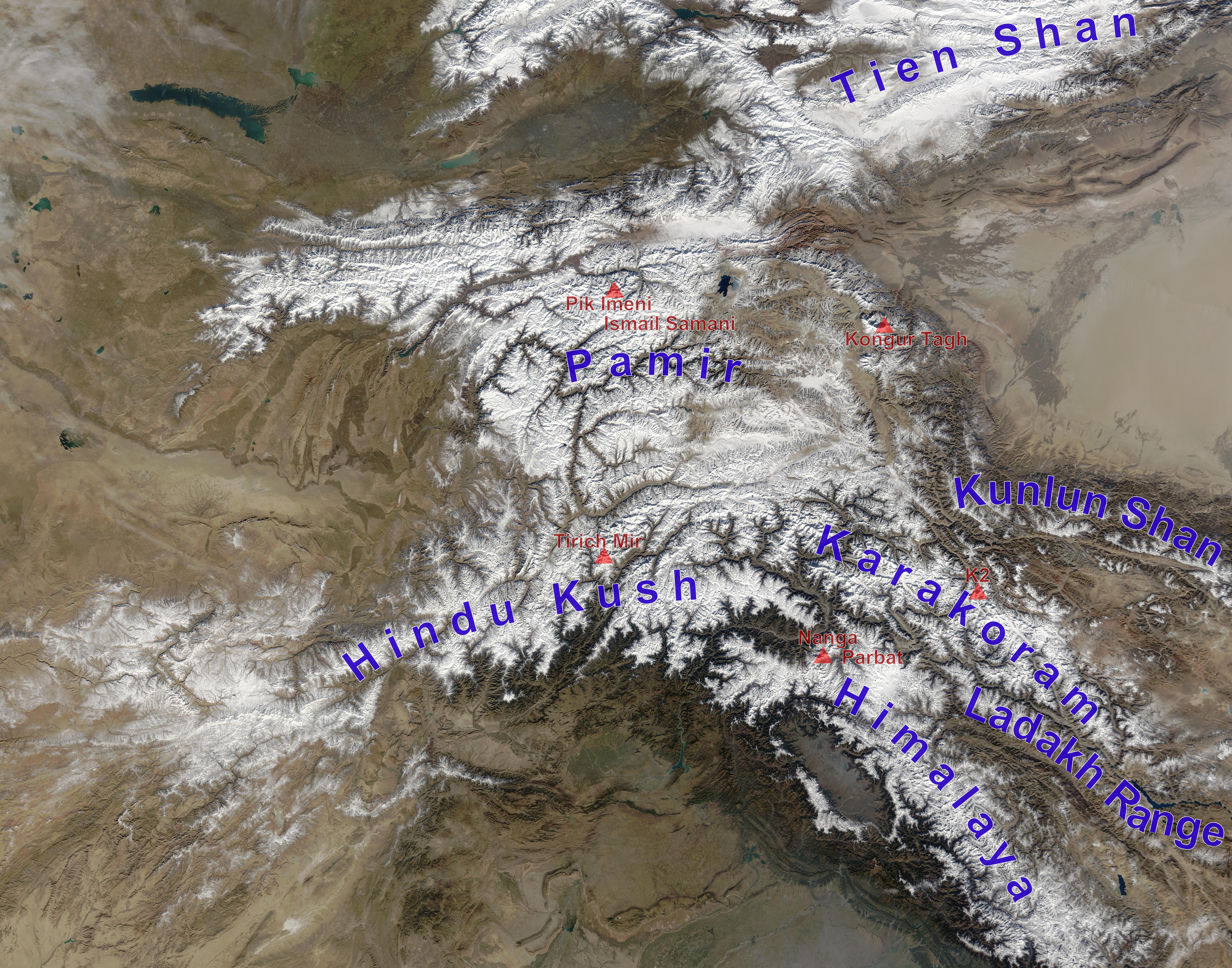
Originally Posted by
Magister Militum Flavius Aetius

I'm not talking about DNA, or nationalistic theories. I highly recommend you read the studies of men like Bona, Peter Golden, and Vovin. The last 30 years have revolutionized our understanding of Steppe Nomad history, true, but the last 20 have debunked much of what you said.
The leading theory on the Huns, based on etymology, is that they are descendants of the Xiongnu confederation that were driven into the Altai mountains in the 1st-2nd centuries AD. In the 3rd century AD, the Huna (Huns) begin expanding West out of the mountains, in a region now dominated by the Dingling, some of whom moved west to avoid Hunnic expansion (the Romans record these people: Alpilcur and Tongur, both of which are Oghur Turkish names, appear in 4th century Roman sources describing the Volga region). The Xiongnu absorb the Dingling, which creates the Huns, more or less, by intermixing with them. They then move across Central Asia in the 3rd Century, conquering the Alanic kingdoms of Kangju, Khwarezrm, Yancai, and Wusun, and the Iranic Kushan kingdom. The Huns, organized in the same manner as the Xiongnu, then split up as a major drought forces them West and South in the 360's. These Iranic nomads would dominate the Hunnic body, as shown by the Kidarites (who have predominately Iranic names and population although art and etymology show a clearly Oghur Turkic ruling body) and the Qara Huna (The Huns that would later become the Huns of Attila, who had initially a mostly Germanic body and later on, when they form the Kutrigur and Utigur Huns out of Attila's former Empire, predominately Hunnic and Alanic).
The "Genetic studies" I'm talking about are modern genetic tests of ancient burials from the period. Genetic testing of modern populations will yield nothing of value for studying the revolution of the steppes that occurred in the 3rd-7th centuries. Studies show the admixture ratio is about 30% mongoloid and 70% caucasoid, which is indicative of what I have stated above: the Huns were Oghur Turks who ruled over a predominately Iranic body, although as time went on the Turkish admixture would later increase, especially in the 6th century.
The reason the Huns conquered the Iranic nomads so easily is because they were organized, and the Sarmatians and Alans weren't nearly as well organized. There is evidence from Roman sources that the Sarmatians had elements of the Decimal Orginization and Dual Kingship/Organization like the Scythians/Saka and Xiongnu, but it wasn't nearly to the extent of the Huna.
This is both right and wrong. Yes, the Bulgarians, it is believed, came from Kidarite/Hepthaltite Bactria in the 4th-6th centuries AD and were of Iranic origin (initially, before becoming a Turko-Iranic admixture). But this isn't how it happened.
1. The Kutrigur (7 Bulgars) and Utigur (30 Bulgars) were not Bulgar groups but the direct Hunnic Successor states of the Empire of Attila the Hun (Kim explains the transition very well, so does Maenchen-Helfen even though his work is dated). The Onogurs, and the Saragurs (10 Bulgars and... some other number) both migrated in the 460's, which is confirmed by Priscus, amongst other Roman and Armenian sources. They absorbed the Akatir Huns, who later overthrew the Saragur Huns who had conquered them, and both ended up being absorbed by the Utigur and Kutrigur Huns. The Onogur Huns settled along the shore of the Black Sea, while the Sabirs (the Hunnic group they were fleeing) settled along the shore of the Caspian. Both of those groups would cause trouble for Rome in Armenia in the Caucasus region throughout the 6th century, before being overrun and forming the Khazars in the late 7th century. The modern Chuvash are descended from the Sabir Huns, it is believed.
In the late 6th century, after the Avars (descendants of the Hepthaltites, aka the Hua) devastated the Hunnic Empire north of the Black Sea, the Kutrigur and Utigur Huns would join up with the incoming Bulgars, and form Old Bulgaria on the Volga. Then Old Bulgaria would eventually become the First Kingdom of Bulgaria under Khan Asparuch.


















 Reply With Quote
Reply With Quote


























